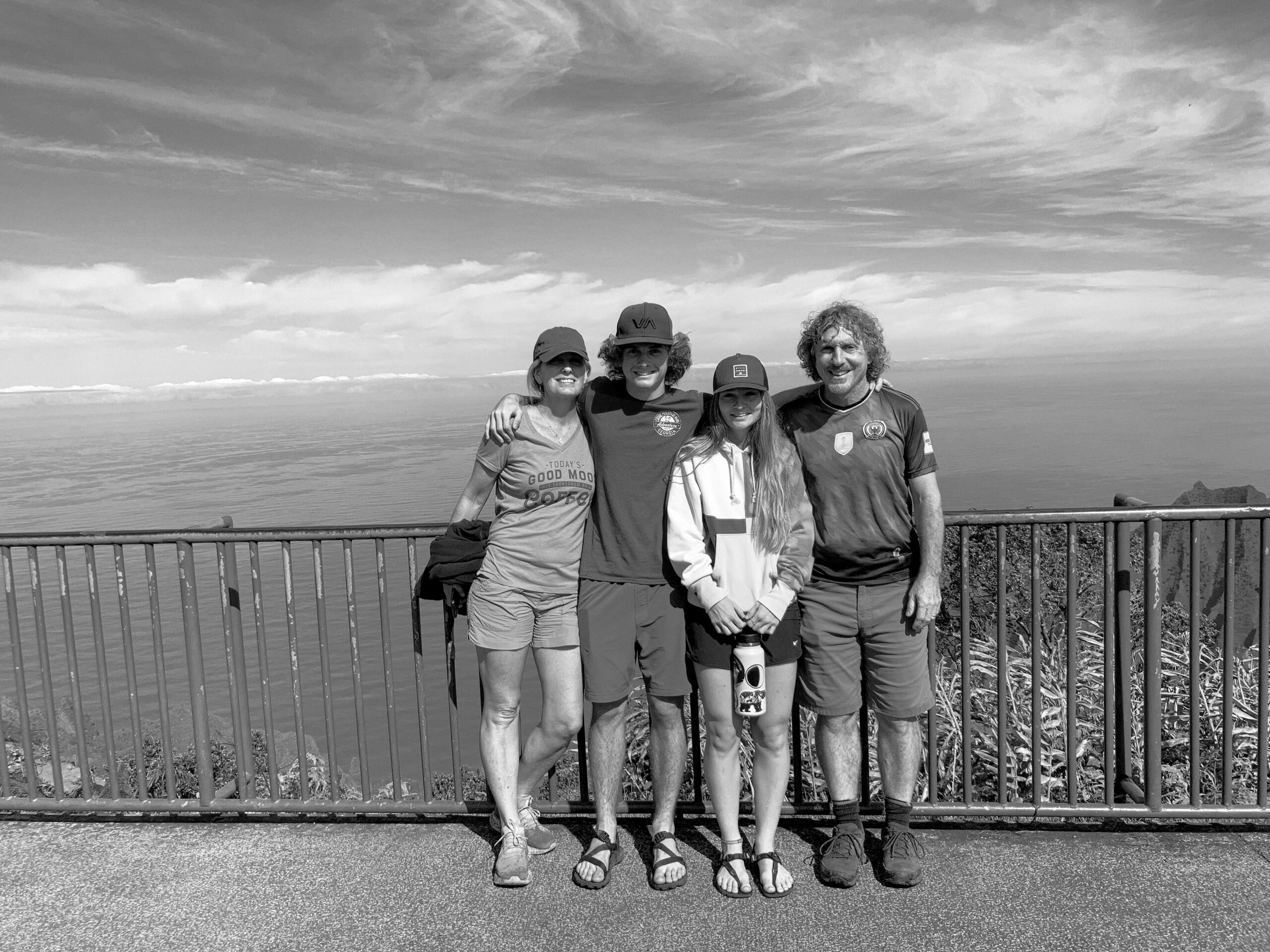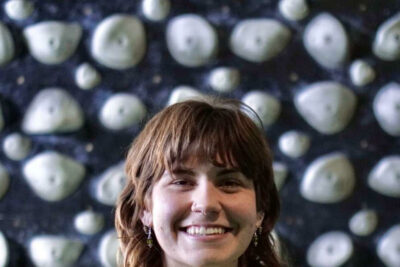Jerrell Ross Richer, professor of economics, and his family have spent the last six years living in the Amazon region in Ecuador from January through June.
With no cure for the coronavirus, Jerrell, Jane, his wife, and their two youngest children Terresa and Jordan were not able to venture to Ecuador this year.During Ross Richer’s six years in Ecuador, they have created beautiful relationships with the Indigenous people of Zabalo and Tena.
They have created what they call a “two-way” method, in part, coming from the fact that they are traveling back and forth between North and South America, but also, that they are both teaching and learning.
“We are kind of ambassadors of ideas,” Jerrell Ross Richer said.
Working with Mennonite Mission Network, part of their mission is to join the Indigenous people of Sablo in learning what it means to follow Christ in their unique indigeonus context.
Jerrell Ross Richer uses the phrase, “Jesus no es gringo,” or “Jesus is not a white person.”
This reminds the people of Sablo to free their minds to the possibilities of what a relationship with God might look like to them.
“They have a strong faith,” he said, “There is a lot to learn from them.”
A big portion of their work is pastoral accompaniment along with empowering youth and women.
They also work with community development, in which the areas of focus are suggested by the community members themselves.
Ecotourism is what the community of Zabalo decided to focus on.
This project is the world’s oldest community-based ecotourism project going back to the 1970s.
The people of Zabalo don’t have a lot of customers because either people don’t know about them or it is too far out in the jungle for people to get to.
The Ross Richer family has been able to support the village of Zabalo by bringing North American visitors to get to know the people and purchase their products.
The Ross Richer family has decided not to go to Ecuador.
Instead, in the middle of December, Jerell, Jane, Terresa and Jordan relocated to Kauai, Hawaii.
They chose Kauai because Jane’s brother lives there with his family.
The Ross Richer family has never been able to visit them before because the airfare was too expensive; however, because of strict COVID-19 restrictions on the island, very few tourists are visiting this year, which brought airplane tickets down to an affordable price.
Terresa and Jordan will be homeschooled, while Jerell and Jane focus on what they call “their deficiencies,” as they have become more apparent throughout the last six years, Jerrell Ross Richer said.
One area of study will be linguistics.
The Indigenous people speak Cofán, which is a non-Western language.
Cofán vocabulary is place based, the words have to do with the forest and the majority of the vocabulary is about the natural world. It has a different sentence structure and is mostly in past tense; which came from the idea of telling people about an experience that they had.
They will also study missiology, or missions, and anthropology.
The Mennonite Church isn’t growing very quickly in North America because churches are leaving the domination over ideology and theological splits. However, the rest of the Mennonite World Conference is growing rapidly because of the spread of Anabaptism in different parts of the world including Latin America, Asia and Africa.
Jerrell and Jane Ross Richer have found an institute that teaches theology from an indigionous point of view that they are planning to take classes with. They are also planning on reading books that have been suggested to them along the way that they haven’t had time to dive into.
While in Kauai, they have the opportunity to go to Cavalry Chapel of Kauai, one of their supporting churches. They hope to speak and share with the congregation that has supported them for so long.
Jerell will then return to Goshen at the end of April to teach his May term class “Indigenous Economies,” which will be based out of Goshen.
Over the last six years, the Ross Richer Family has taught, listened, danced, sang, and learned from their neighbors in the Amazon region of Ecuador.
COVID-19 has changed their plans, but they will not stop learning or sharing with their brothers and sisters.

